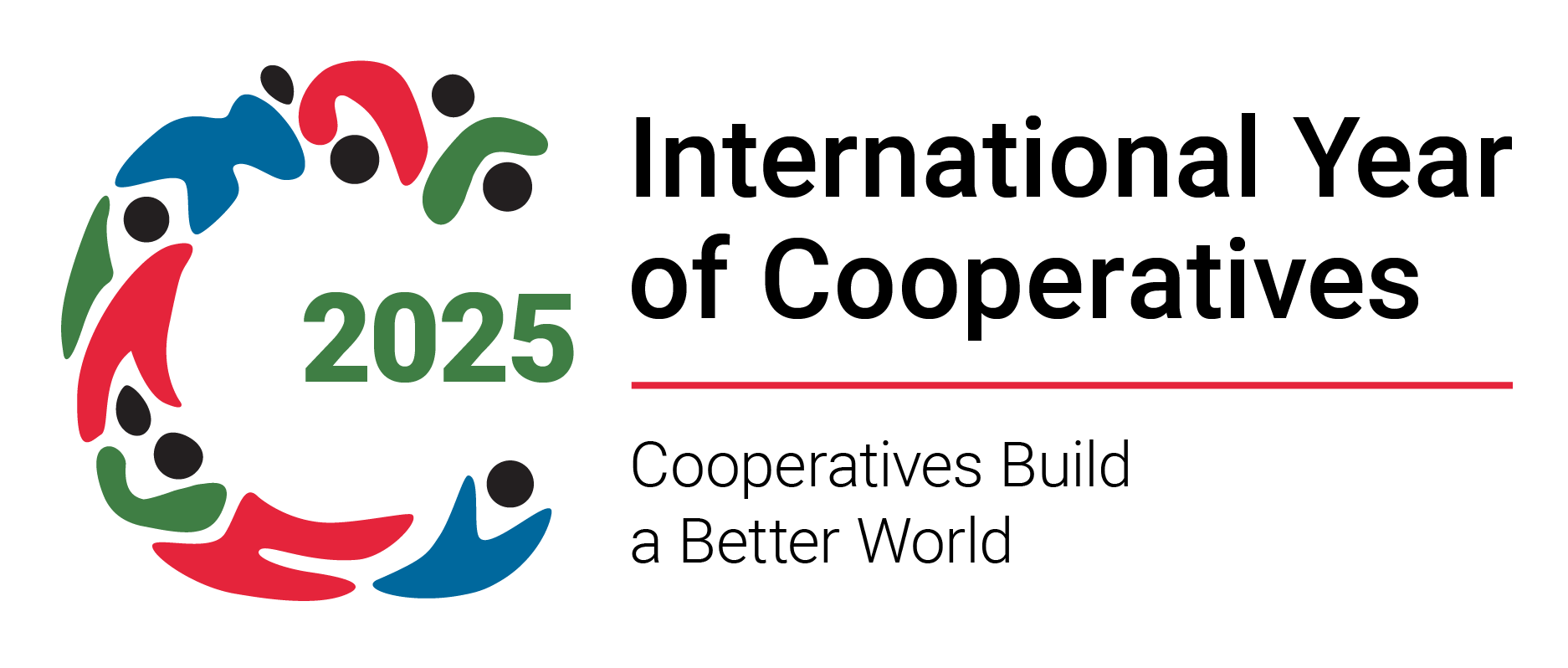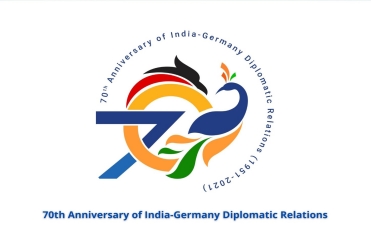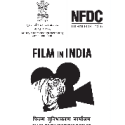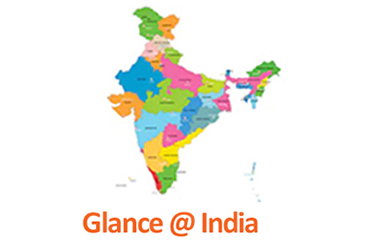- Home
- About Us
-
Consular Services
- Launch of e-Clearance for Afterlife Remains (eCARe) portal
- Instructions regarding entry into the consular Wing
- Reissue of International Driving Permit (IDP)
- Postal Applications
- Visa Services
- Passport Services
- OCI Information
- Renunciation of Indian Citizenship/Surrender Certificate
- Attestation,Consular and Misc.Services
- Weekly Open House
- MADAD - Consular Services Management System
- Indian Community Welfare Fund
- FAQs on Marital disputes involving NRI/PIO spouses

- Public Notices & Circulars
-
Embassy Wings
- Economic & Commercial Wing
- Contacts
- GI Digital Catalogue

- Overview of Indian Economy
- India-Germany Economic & Commercial Relations
- Doing Business in India
- Make in India

- Invest India

- Flagship Programs of Government of India

- Doing Business in Germany
- Trade Fairs
- Trade Dispute Advisory
- Foreign Investment
- Foreign Trade
- Newsletters

- Attestation of Documents

- Community Welfare
- Culture
- Information Wing/Media Center
- Science & Technology

- Political
- Consular
- Defence Wing
- Economic & Commercial Wing
- Media Center
- India-Germany Relations
- MIIM
- Useful Links
- Tenders
Opportunity Beckons: New book on India and Germany launched in Germany
Opportunity Beckons: New book on India and Germany launched in Germany
India and Germany, both leading members of the G-20 have a firm commitment towards creating a more egalitarian world. The relationship between the two countries has intensified considerably in the recent past with both having shared values, goals and perspectives on current events and issues. These provide immense opportunities but pose new challenges as well.
Both countries continue to grapple with key questions such as: How do we work towards a more diversified, deep and engaging partnership? How do we bridge the gap between how the two countries perceive each other and how can we add momentum to this growing partnership?
A new book titled Opportunity Beckons: Adding Momentum to the Indo-German Partnership has inter alia set out to shed light on these highly pertinent questions. It strives to provide solutions, suggest different approaches and gives its readers food-for-thought on various aspects of the increasingly robust ties between India and Germany. The book was launched in the Embassy of India, Berlin on the Indian Republic Day, 26th January 2017 in the presence of its German contributors.
The book was launched by Parliamentary State Secretary Mr. Hans-Joachim Fuchtel and the newly appointed State Secretary for Economy and Energy Mr. Dirk Wiese. Director General for Asia from the Ministry of Foreign Affairs Ambassador Sabine Sparwasser was also present on the occasion. Most of the German contributors were present on the occasion some of whom shared views on the launch.
Speaking on the occasion, Mr. Fuchtel said that Germany was a steadfast partner of India through development cooperation and this would continue. He agreed with the approach of converting development cooperation projects as the best for new business ideas towards encouraging Mittelstand to look at Indian with fresh eyes. India, as one of the fast growing economy, deserves a better look from Germany and he complimented Ambassador for his endeavor in producing this book which brings together Indian and German thoughts on many subjects.
Dr. Hans-Gert Poettering, former President of the European Union and Chairman of Konrad Adenauer Stiftung spoke about the increasing relevance of a higher stature to the Indo-German partnership and said that this is why he accepted to write for this book and give his frank views. He was particularly emphatic of the shared values between India and Germany, which was relevant to the world today and in particular, focused on the success of democracy in India, which made it imperative for Germany and Europe to engage with it more fully.
In a similar tone, CDU MP Mr. Mark Hauptmann spoke about the immense potential of India, given its youth and scientific and technological skills. He contended that a closer engagement between India and Germany for education and skills development would add immense momentum to the partnership. He recalled that Ambassador Singh had invited him to write for the book at their first meeting and was surprised that within a year, the book was actually ready for launch.
The Foreign Policy spokesman of the ruling party CDU-CSU coalition and Member of Parliament Mr. Jürgen Hardt, who has written about security cooperation between India and Germany said that the growing conversations of our views and the higher importance attached to shared values showed that India and Germany must collaborate better and more particularly in areas like security, United Nations, terrorism and the like.
Mr. Mario Ohoven, representing a very large number of mixed sized German companies spoke about the German’s strengths and how they were finding complementarities with India. He appraised the Make in India Mittelstandprogramme of the Embassy and said that frequent engagement with Mittelstand, which the Embassy had initiated had brought India into focus for many new Mittelstand companies.
Mr. Murali Nair spoke on behalf of Bertelsmann Foundation, which is a co-author of an essay on innovation in India. He highlighted the innovation capacities in India and how they were recognised by many countries. He said that German companies needed to recognise thisas part of Industry 4.0 and beyond. There was a need to go beyond manufacturing and traditional services into the fields of innovation and German companies should partner with Indian companies for the same.
Edited and conceived by Gurjit Singh, Ambassador of India to Germany, it has brought together in a single treatise, a set of industrialists, academicians, diplomats and journalists to explore various facets of the Indo–German relationship. The sixteen chapters explore political, economic and scientific spheres that encompass the partnership between the two countries. The choice of topics aims to be illustrative and manifests the diversity which indeed exists in the Indo-German partnership. Each chapter presents diverse viewpoints from a German as well as an Indian expert.
The book starts with outlining the political cornerstones of Indo-German cooperation: Democracy, strategic vision for future politics, security cooperation and perception building by the media are presented by Dr. Poettering, Chairman of Konrad-Adenauer Stiftung, Ambassador Rana, former Ambassador of India to Germany, Theo Sommer, former editor-at-large at Die Zeit, DhruvaJaishankar, fellow for foreign policy at Brookings India, Mr. Jürgen Hardt, MP and Foreign policy spokesman for the CDU, Dr. Raja C. Mohan, Director Carnegie Endowment for International Peace and by Nicole Bastian, Foreign Editor with Handelsblatt and Ashok Malik, a senior media professional and columnist from India.
Together, they lay the foundation of this book and analyse aspects of these vital themes through different perspectives and contexts. While these basic elements of the Indo-German Partnership provide an entry into the topic, the book focuses on other pillars of the relationship that will provide opportunities and present challenges in the foreseeable future.
The economic context to the Indo-German Partnership, the Mittelstand, Trade and CSR is covered by Mr. Ulrich Grillo, past President of the Federation of German Industries, Mr. Mario Ohoven President of BVMW -the German Association for Small and Medium-sized Businesses, Mr. TimoPrekop, Executive Member of the Board of the German Asia Pacific Business Association and Mr. Bernhard Steinrücke, Director General of the Indo-German Chamber of Commerce. On the Indian side these topics are presented by Dr. Naushad Forbes, president of CII, Dr Jayanta Roy, senior economic advisor to Deloitte, Mr. AzimPremji, Chairman of Wipro and Ambassador Gurjit Singh. There has been and continues to be strong and established cooperation in traditional sectors of economic relations and trade. The authors unanimously point out that there are many more areas that will shape the future of both countries and that it is vital to grasp the opportunities now. Identifying potential sectors of cooperation like the Mittelstand, Industry 4.0 and lowering hurdles as well as concerns that are often built on inaccurate perceptions is essential now.
The book also sheds light on several topics that shows mutual effort and endeavor in sustainable projects that will decide the future of many. Renewable Energy, Water Resources and Sanitation, Startups and Smart Cities open up perspectives of the Indo-German Partnership that are not only relevant to economy and politics but have an immediate impact on our daily lives. Mr. Tobias Zech, MP of the CSU and Dr. Leena Srivastava, Vice-Chancellor of TERI-University see renewable energy as a global issue. Although there have been great efforts in this regard in both countries, the authors point out that there is still an immense untapped potential in cooperation. It is further pointed out that both sides could benefit from closer cooperation and collaboration. Another section deals with the topic of water resources and sanitation. Dr. Michael Beckereit, Chairman of the German Water Partnership and Ms. NainaLalKidwai, Group General Manager and Country Head of HSBC India have focused on the Swachh Bharat campaign. Germany with its solid technological edge and strategic know-how could find an appreciative partner in India in this area. When it comes to Smart Cities and Urban Development, cooperation is already going ahead at full steam. Germany has partnered in a number of Smart City projects and Mr. Pedro Miranda, former Global Head of Siemens Smart Cities and Ravi Parthasarathy, Chairman of IL&FS have further examined the road that lies ahead. Startups will be the cornerstones of these endeavors. Combining a hands-on mentality, creativity and new visions of the world they provide opportunity and fruitful input beyond borders. Stephan Vopel and Murali Nair from Bertelsmann Stiftung and Ms. NishaDutt, CEO of Intellecap Advisory Services Private Limited show how startups will have an impact on both German and Indian economy and how Indian innovation is assessed in Germany.
A third pillar of Indo-German cooperation examined in the book is in the context of Research, Education and Skill Development. While Prof. Dr. Neugebauer, President of Fraunhofer-Gesellschaft, Prof. Dr. Andreas Pinkwart Rector of the HHL business school, and Mr. Mark Hauptmann, MP of CDU present the German attitude towards these spheres, Dr. Mashelkar, President of Global Research Alliance, Prof. Dr. Pradeep Mathur, Director of IIT Indore and Mr. Ramadorai, former head of TCS and Chairman of the National Skill Development Agency add their Indian perspective. Approaches and strategies differ greatly in these areas which provides even more opportunities to learn from each other and inspire new options.
The manifold perspectives and viewpoints that have been outlined in this book underlies the fact that there is a deepened interest from the German as well as from the Indian side in taking our already robust ties to the next level. This book has allowed its contributors to provide their fascinating insights into key themes as well as provide alternative thought processes. By placing Indian and German contributors side by side, it is able to pinpoint important differences and yet create new bridges and provide new lenses with which the reader can grasp vital issues. Most importantly, it has not shied away from identifying problems and pointing out challenges that need a cohesive and common approach. At the same time, however, it has also emphasized on providing solutions and sharing success stories which show how we are going in the right direction. It is this combination of approach that makes this book a must- read for anyone who wants to gain a new perspective on India as well as on Germany. The discerning reader will agree with the authors who unanimously feel that it is time roll up our sleeves and tackle difficult issues with old partners in a new way - together.
The 324 paged book “Opportunity Beckons: Adding Momentum to the Indo-German Partnership” is published by Rupa Publications. It is available on rupapublications.com and at the Embassy of India, Berlin. From February onwards it will also be available as an e-book. ISBN 978-81-291-4520-8.
Interested journalists are welcome to approach the Embassy of India, Berlin regarding a copy for review or an interview with the editor, H.E. Gurjit Singh at info@indianembassy.de
*****


























